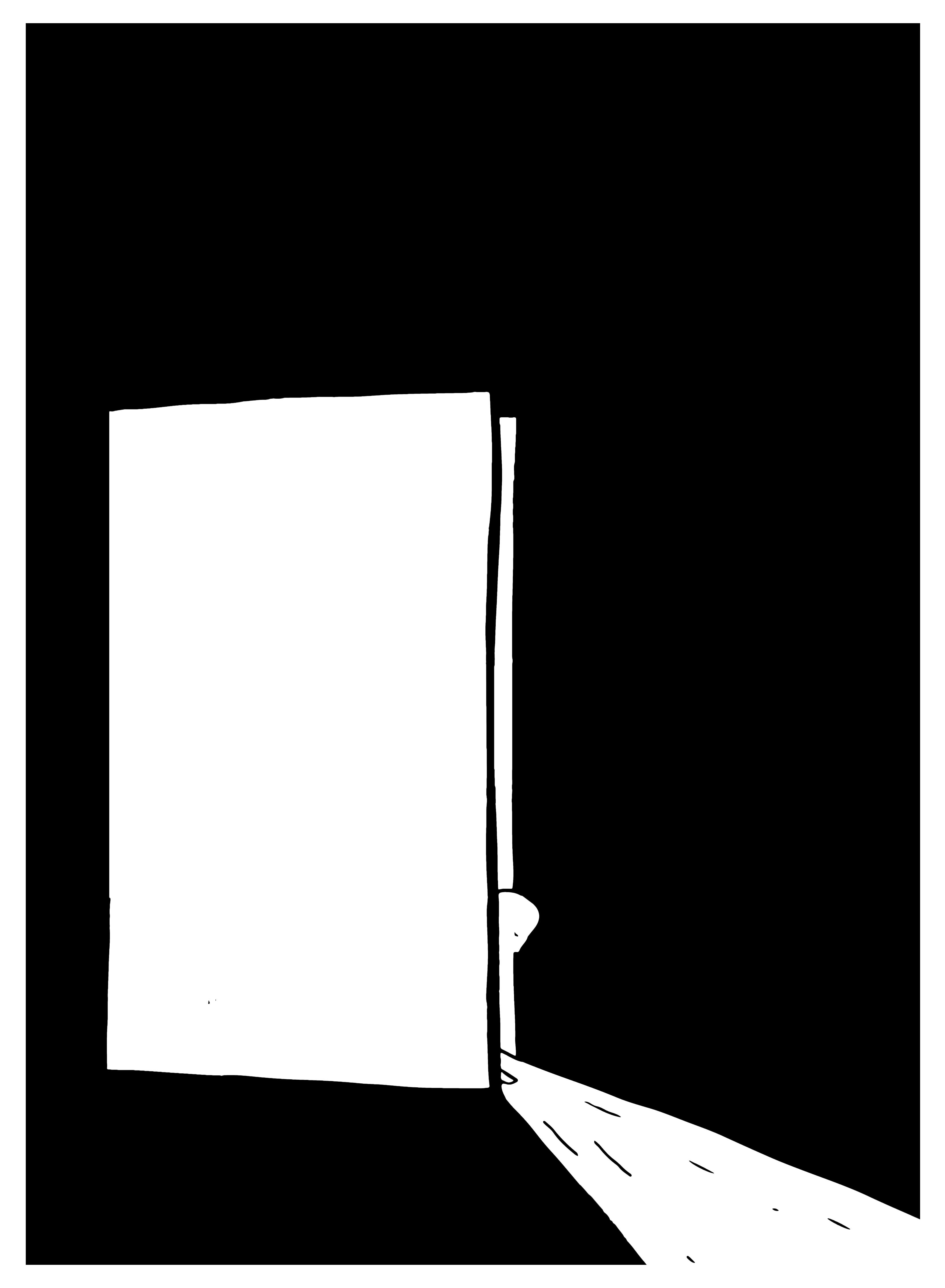Death is Life's Door

IMAGE OF THE WEEK

(Note from the Editors: 'Sitting' here refers to seated meditation)
Sitting enabled me to see, and compelled me to acknowledge, the role that death had already played, and still continues to play, in my life. Every living creature knows that the sum total of its pulsations is limited. As a child I wondered: Where was I before I was born? Where will I be after I die? How long is forever and when does it end? The high school student of history knew that every hero died; I saw the colors of empires wash back and forth over the maps in the books like tides. (Not me!) Where can I turn that impermanence is not the law? I try to hide from this as well as I can, behind my youth (already wrinkling, first around the eyes, and graying), and health insurance: but no hideout works.
Every day ends with darkness; things must get done today or they will not happen at all. And, funny, rather than sapping my appetite, producing “nausea,” (...) the pressure of nightfall helps me to treasure life. Isn’t this the most universal human observation and counsel? I aim each swing of the maul more accurately at the cracks in the oak cordwood I am splitting. I choose each book I read with precision and reason. I hear the call to care for and love my child and the forest trails that I maintain as a pure ringing note of mandate. I sit at the dawn of day and day passes. Another dawn, but the series is limited, so I swear in my inner chamber I will not miss a day.
Sitting rivets me on the psychological fact that death is life’s door. No power can save me. Because I am aware of death, and afraid, I lean my shoulder into living not automatically and reactively, like an animal, nor passively and pleadingly, like a child pretending he has a father watching over him, but with conscious choice and decision of what will constitute each fleeting moment of my life. I know that my petals cup a volatile radiance. But to keep this in mind in turn requires that an ordinary escapist constantly re-encounters the limit, the metronome of appreciation, death.
I sit because knowing I will die enriches, and excoriates my life, so I have to go out of my way to seek discipline and the stability that is necessary for me to really face it. To embrace life I must shake hands with death. For this, I need practice. Each act of sitting is a dying to outward activity, a relinquishment of distraction, a cessation of anticipatory gratification. It is life now, as it is. Some day this austere focus will come in very, very handy. It already has.
Paul R. Fleischman is a psychiatrist, a teacher of Vipassana meditation, and an author of eight books, most recently, "Wonder: When and Why the World Appears Radiant". The above is from his essay, "Why I Sit".
SEED QUESTIONS FOR REFLECTION: How do you relate to the author's notion of death being life's door? Can you share a personal experience of a time you shook hands with death in order to embrace life? What practice helps you to accept the inevitability of death and use that knowledge to embrace life?